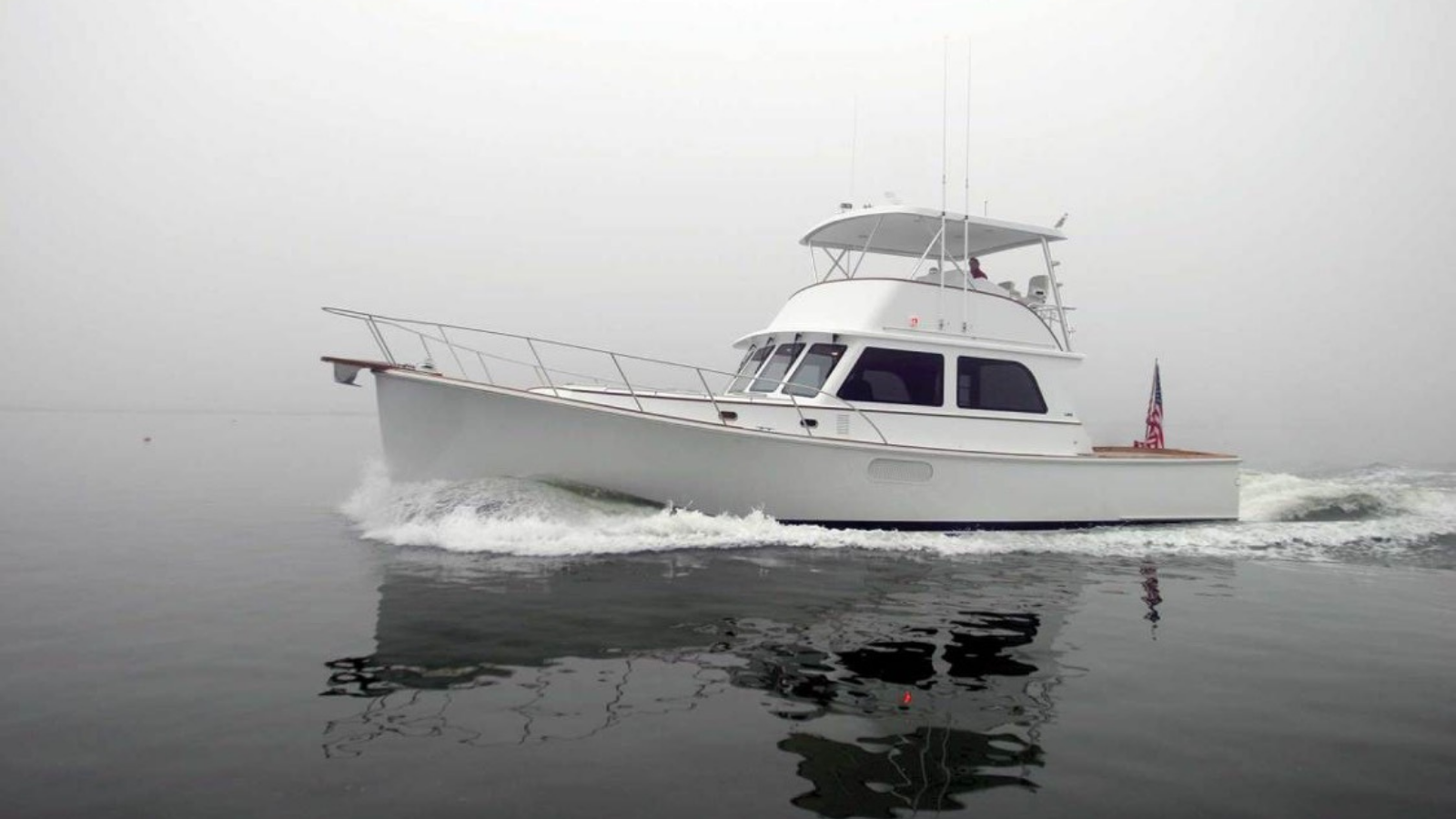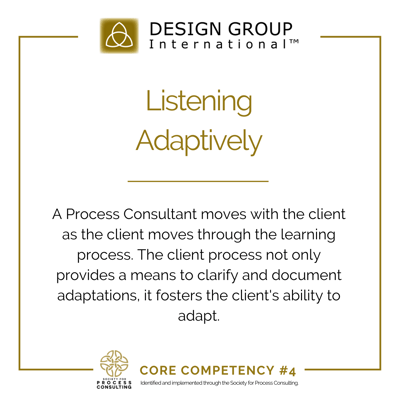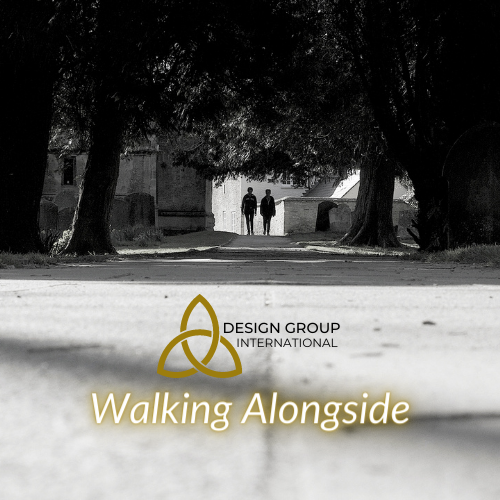
In March of last year, we were just a few days away from jumping on a plane to fly out to meet with a university board to conduct a board development retreat to serve two purposes. First, the president and board chair had asked us to work with the board on several "best practices" in board governance – not because there were deep challenges in this area for this board, but precisely because they were committed to continuous improvement and investment. And second, we began with a broader conversation with the board about a strategic planning process to get their input and engagement at the beginning of the process since they would ultimately be approving the strategic plan that the president would bring back to them several months later.
The surge of COVID-19, at that very moment, changed everything. The president called me two days before I was to get on that plane. We had a conversation about what was happening across the country and the concerns that he and the board chair had for his board and the community's safety. There was a lot of fog in the air, a good deal of uncertainty about many things. What should we do with all the planning that had already been done? What did this emerging crisis mean for the University, both now and into the future?
At that moment, the president has already begun to course correct in his mind. He had many questions, concerns, driven by the early uncertainties of what this health crisis would mean for the rest of the semester, and frankly, for the summer and the following academic year.
And so, too, I needed to shift course with the president. I had lots of ideas, thoughts, and suggestions about what he might do. But that wasn't what he needed – nor was it what I needed to offer. I simply needed to listen, adaptively, to what was happening for him, for the concerns and questions that he had. To walk alongside him, to be present.
Eventually, our conversation turned to a series of questions that we discussed. I asked, "So what are your instincts telling you right now? What do your board chair and executive committee seem to be thinking? And how can I help?" In this moment of reflection, of intense pressure and swirling thoughts, this president needed to have a trusted colleague with whom he could process– not a colleague who was determined to "push ahead" with a plan that just days before had seemed so right, so promising. So we shifted course together.
That shift, of course, led to entirely shelving our board retreat and strategic planning process to focus on near-term scenario planning for the summer and fall with the University. And that process emerged quickly. Within one month, the university team had identified seven scenarios that would guide their action and decision-making over the summer and into the fall. Eventually, we would return to pick up our work on strategic planning, taking what we had learned during the scenario planning process as additional data, which helped inform our strategic planning work.
This story may not seem all that remarkable, and in fact, it really should not be.
Yet listening adaptively may, in fact, be a very remarkable thing. Too often in our work, we become so focused on what is right in front of us, the next decision, the next goal, the next meeting, that we don't find the space or the time to listen adaptively. We have to keep moving, don't let the spinning plates drop, don't let our colleagues down, and on and on it goes.

Our posture is to give a leader space to pause just long enough to see, reflect, consider, and trust. This means trusting that what you're seeing, what you're sensing is needed, is appropriate for the context or moment you find yourself in, and will bring clarity and direction. To trust, to clarify, to adapt, and then to move out.
That phone call last March could have gone in a completely different direction. We could have tried to give the president alternative scenarios, ways to rescue the plans that had been carefully made, to keep things moving in the direction that we all thought we were headed. But that was not what was needed. He needed to see "through the fog" or around the corner, as it were.
We want to be adaptive listeners, to help leaders take the time to see through the fog, to consider how adaptive changes are relevant and critical to their organization and for themselves.
Are you feeling a bit in a fog these days? Are the plates spinning faster than anyone can seem to control? Let us walk alongside you to help you as you continuously adapt to the changes taking place in your organization, in your field of competition, and yes, in this exceedingly complex world.
If you would like to schedule a 30-minute call to learn more about how we can help you gain clarity and deepen your capacity to adapt to the changes around you, I invite you to reach out to schedule time for that conversation. It would be an honor to walk with you. Please reach out to me at ronm@designgroupintl.com or by phone 202-740-6344. It would be an honor to walk with you.
Walking alongside you,

 Dr. Ron Mahurin
Dr. Ron Mahurin
Design Group International
Senior Design Consultant
Dig Deeper:
Want to explore more on this topic? Take a look at these resources:
- Adaptive Listening Explored
- Survival Guide for Leaders - Heifetz and Linsky
- Adaptive Listening and Response to Different Situations - Study.com
- Adaptive Leadership—Leading Change - Marty Linsky (Video)
Process Consulting competencies identified and implemented through
the Society for Process Consulting.
Tags:
process design, process consulting, Design Group International, listening, helping, learning, Ed Schein, organizational consulting, business consulting, listening adaptively, Walking Alongside Blog/Ron%20Mahurin%20Headshot%20(300x300).png)
April 7, 2021

Comments